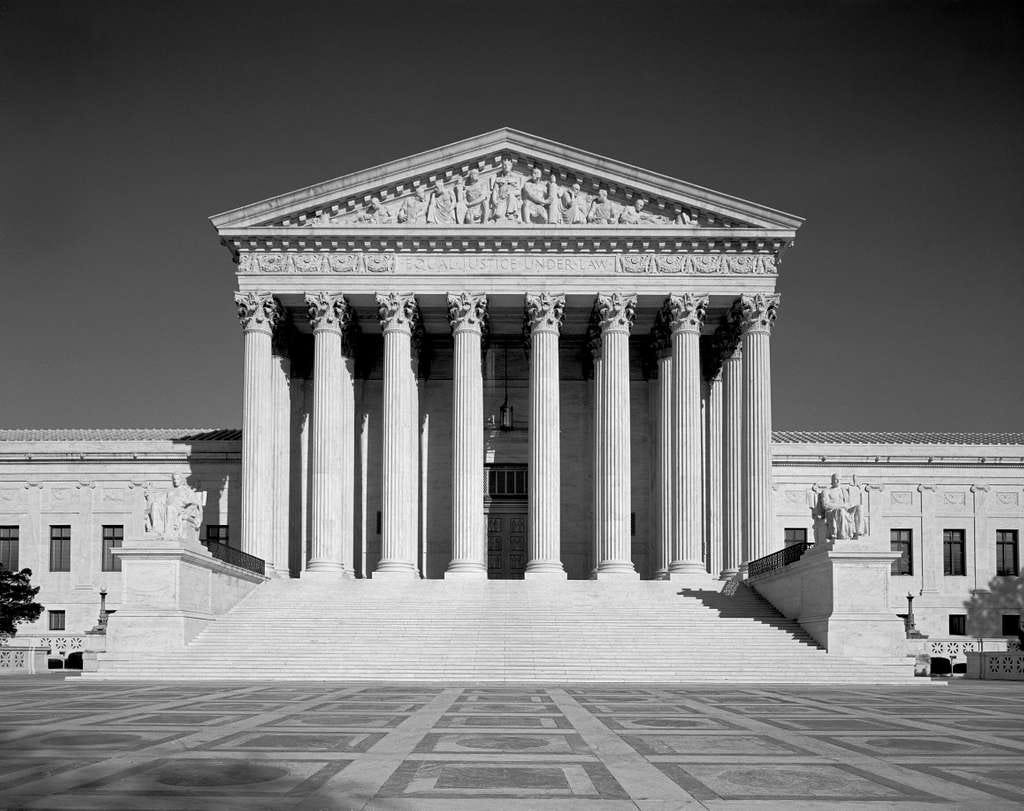Supreme Court Overturns Deference to Agency Science
News just broke that the Supreme Court has overturned the longstanding precedent of Chevron Doctrine. The precedent of Chevron v. Natural Resources Defense Council required courts to defer to the expertise of federal agencies in carrying out congressional law. That expertise often takes the form of science, which directs agencies on how to implement laws to best protect public health and the health of our environment. The Supreme Court’s ruling today means that how agencies work to fulfill congressional law will no longer depend on the work of federal scientists but on the interpretation of science by courts.
In short, this is a disastrous decision that calls into question regulations across several areas and puts your health, safety, and the health of our environment in the hands of non-experts.
Courts Roleplay as Scientists
This decision effectively grants courts the authority to assume the role of scientists, a power that could be misused and have serious implications for public health and environmental regulations.
There have already been several instances where courts have challenged an agency’s scientific expertise signaling what kinds of decisions the future holds post-Chevron. For instance, a recent case that reached the Supreme Court was on the safety of mifepristone, a medication abortion drug. The Fifth Circuit rejected the Food and Drug Administration’s (FDA) scientific judgment that the drug is safe and effective. The Supreme Court overturned the lower courts' decision, but this doesn’t mean the battle over this drug is over. The Supreme Court’s ruling today could potentially make it easier for another court to overturn the FDA’s decision. If that were to happen, it would mark the first time a court has overturned FDA approval of a New Drug Application (NDA). Given today’s decision, it's not a matter of if this will happen, but when.
Mifepristone is not the only recent court case where judges donned a lab coat and took it upon themselves to serve as a scientist. In West Virginia vs. EPA, we saw the introduction of the Major Questions Doctrine. If you’re unfamiliar with the doctrine, Stanford Law describes it as, “…a substantive canon of construction that bars agencies from resolving questions of ‘vast economic and political significance’ without clear statutory authorization.” The Supreme Court invoked the doctrine in a decision that the Environmental Protection Agency (EPA) does not have statutory authority to reduce greenhouse gas emissions through “generation shifting,” or shifting away from dirtier to cleaner forms of energy. In Justice Elena Kegan’s dissent, she noted, “The Court appoints itself---instead of Congress or the expert agency---the decisionmaker on climate policy. I cannot think of many things more frightening."
Trump + No Chevron Doctrine = Bad
If Trump wins this election, the Supreme Court’s decision today will make it easier for him and his administration to undo regulations that control air pollution, including greenhouse gas emissions, exposure to toxic chemicals, listing of endangered species, medical drug approvals, or the safety of the food we eat. Once you start thinking about what could happen, it’s a nightmare. Today’s decision will go down in history as one of the worst the Supreme Court has ever made.
Federal agency scientists and experts are there to serve the public, and their work has proven successful. Our air and water are cleaner thanks to federal agency expertise, we’ve made progress on climate change thanks to federal agency expertise, we had effective COVID-19 vaccinations in record time thanks to federal agency expertise. Every single one of our lives is better in multiple ways thanks to the work of federal scientists and experts.
If it wasn’t clear that voting for science is incredibly important before, it certainly should be today.







